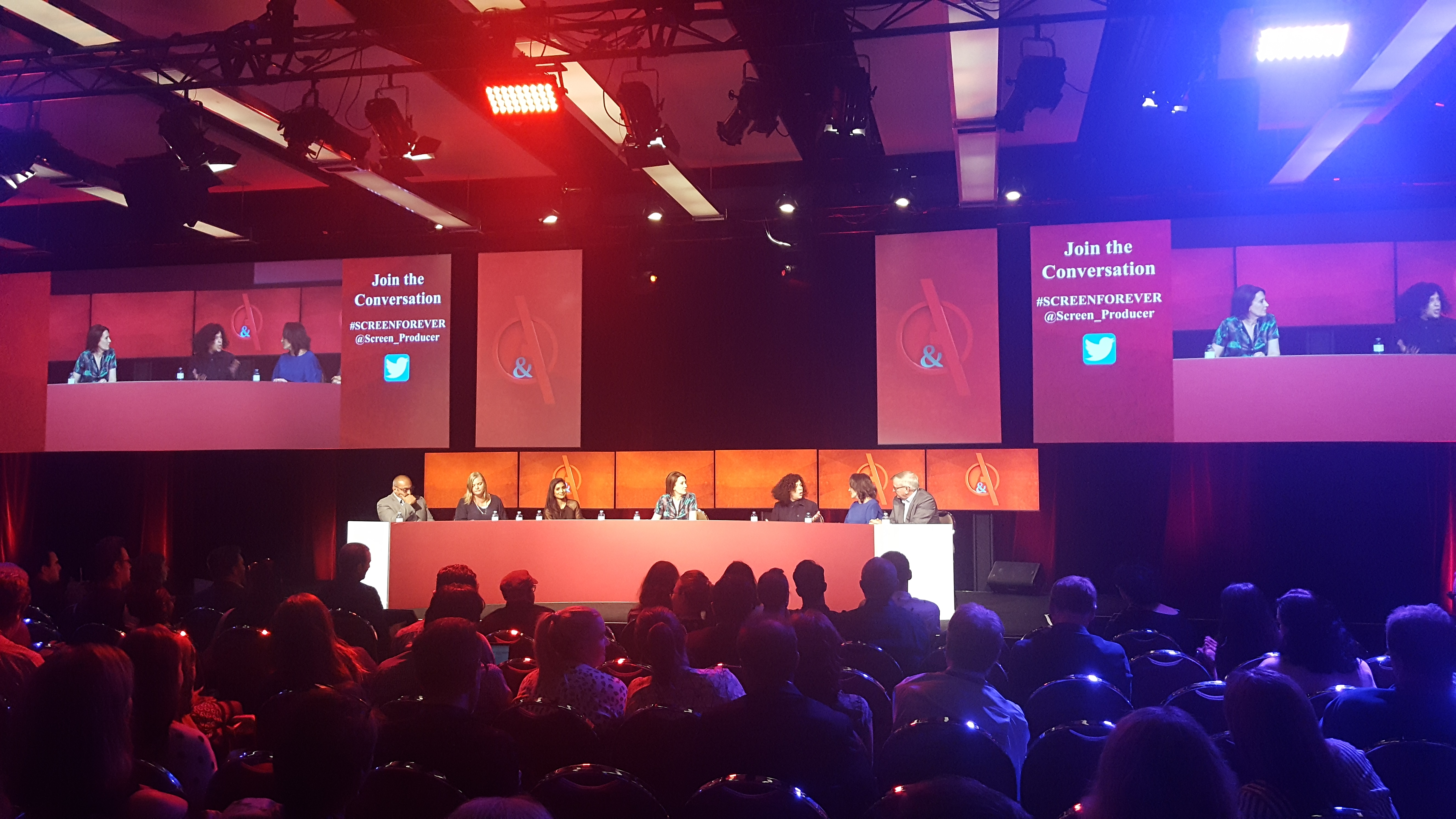TV networks should ‘hand licences back’ if they aren’t producing local content
Mainstream television networks which push back against local content quotas have been told to hand their licences back.
In a heated debate about local content obligations at Screen Producers Australia’s Screen Forever conference, Georgina Downer, an adjunct fellow at the Institute of Public Affairs (IPA) said taxpayer dollars should not be propping up the local industry, but Screentime’s Bob Campbell hit back arguing TV networks have no right to exist if they don’t follow the rules.

Peter Khalil, Fiona Eagger, Pallavi Sharda, Virginia Trioli, Rose Troche, Georgina Downer and Bob Campbell at Screen Forever


While your at it IPA let’s scrap the Australian art gallery, the ABC, all our museums, theatres and all that other arty fatty crap that is supposed to give us a sense of identity. All a waste of taxpayers money. If it can’t support itself in this day well… well it’s clearly a waste of money isn’t it? We don’t need unproductive drivel like that when we’ve got so much great stuff on Netflix to while away our days and think about who we really are.
What diametrically opposing opinions.
Campbell (via Tony Morphett) wants Australian kids to dream Australian dreams.
The IPA seems as though it wants Australian kids to dream only in dollar signs. When will the right understand that not everything comes down to dollars and cents and that societal benefits are at least as equally important. BTW … Downer seems an appropriate name.
Georgina Downer is 100% correct, I also have two children aged 12 and 6 and both watch very little FTA television, almost all viewing is now done through Apps like YouTube and Netflix simply because of the sheer range of content that suits them and at a time that’s convenient. Quotas are basically a protection system from a bygone era before the internet became main stream but clearly it’s become irrelevant as more of us consume content of our choice.